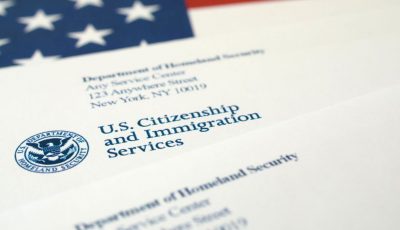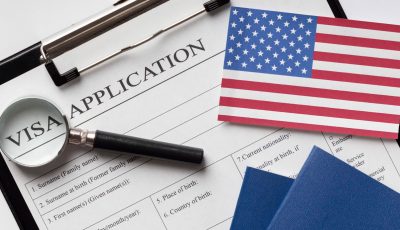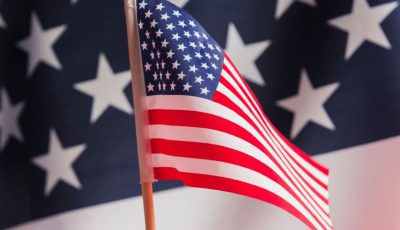Over 500 current, ex-TDHC workers add claims of fraud
Over 500 current and former foreign workers of Tinian Dynasty Hotel and Casino amended their lawsuit in federal court against the owner and management of Tinian Dynasty and Casino for allegedly lying to them about their immigration status by claiming they were authorized to work despite the denial of their CNMI-only Transitional Worker (CW-1) petitions.
The amended complaint adds a claim of constructive fraud against Tinian Dynasty’s owner, Hong Kong Entertainment Overseas Investments Ltd., and HKE majority shareholder Mega Stars Overseas Ltd.
Four previous claims remain in the amended complaint. They are fraudulent concealment claims against HKE and Mega Stars, and negligent misrepresentation and for wrongful termination in violation of public policy against HKE.
Jose C. Cadion Jr. joined in the lawsuit, bringing the total number of named plaintiffs to 15.
The other named plaintiffs are Eric F. Dona, Donny Rivera, Melinda Rivera, Chung-Liang Chiu, Shingo Kajiwara, Shao Han, Lorenzo Pacia III, Didith Pacia, Ming Yang Yuan, Chuan Hui Xu, Flordeliza F. Camiguing, Jovelyn F. Reyes, Richard Julio L. Reyes, and Ernesto Y. Rivera. The lawsuit lists 500 unnamed co-plaintiffs. Most of the 15 named plaintiffs have U.S. citizen children.
Attorney Samuel Mok, counsel for the plaintiffs, asked the U.S. District Court for the NMI to preliminarily and permanently stop the defendants from terminating the plaintiffs’ employment or removing their name from an administrative appeal.
Mok asked the court to stop the defendants from forcing the plaintiffs to work illegally.
The court was also asked to declare as false HKE’s statement that it was legally permissible for the plaintiffs to continue working even though U.S. Citizenship and Immigration Services had denied their CW-1 petitions.
Mok asked the court to hold HKE and Mega Stars liable to pay them damages, court costs, and attorney’s fees.
Mok stated in the complaint that HKE and Mega Stars knew at least 18 months before Dec. 8, 2014, that these employees’ CW-1 employment petitions were in jeopardy of being denied by virtue of numerous written warnings issued by USCIS in the form of notices of intent to deny and intent to revoke.
However, Mok said, HKE and Mega Stars deliberately withheld this information from the workers out of fear they would stop working and transfer to new employers, which would have effectively shut down business operations and ultimately cost Tinian Dynasty a significant amount of money.
Mok said the defendants also lied to workers about their legal status by falsely claiming they were all legally authorized to work despite USCIS’ denial of their CW-1 petitions.
With respect to constructive fraud claims, Mok said that HKE lied to each of the plaintiffs via a written letter dated Jan. 19, 2015, regarding the legality of returning to work even though USCIS had denied their CW-1 petitions.
In that letter, Mok said, HKE stated that it was legal for plaintiffs to report to work despite the USCIS’ denial of their CW-1 petitions because an appeal had been filed before the Administrative Appeals Office of USCIS.
Mok said Mega Stars knowingly made a false representation to each of the plaintiffs via written letter dated Jan. 12, 2015, about the potential consequences of continuing to work without authorization by deliberately omitting facts that it was supposed to disclose.
In that letter, the lawyer said, Mega Stars chair Wai Chan told the plaintiffs that each of them should put their respective “fears aside” and that if they knew the “truth” they would “not be afraid to report for duty as usual.”
Mok said Mega Stars told the plaintiffs that U.S. immigration laws did not provide for criminal punishment for alien workers found to have worked without authorization and that if any criminal punishment was imposed, it would be against the employer, not the employee.
Mok said that Mega Stars, however, withheld information relating to the serious immigration consequences if the plaintiffs kept working without authorization such as deportation and ineligibility for future immigration benefits such as another CW-1 or adjustment of status.



























